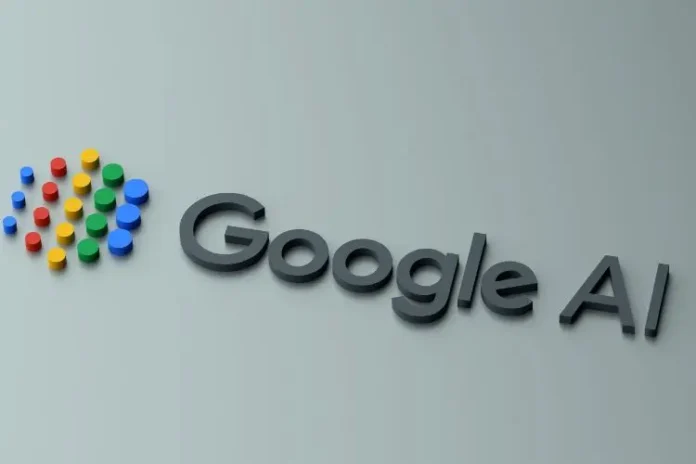Publishers receive a five-figure payment in exchange for using the technology to post three pieces daily.
According to documents reviewed by ADWEEK, Google established a private program for several independent publications last month. The news organizations received beta access to an unpublished generative artificial intelligence platform in exchange for analytics and comments.
Google launched a private program for a handful of independent publishers last month, providing the news organizations with beta access to an unreleased generative artificial intelligence platform in exchange for receiving analytics and feedback. https://t.co/ZCn3pox7xa
— ADWEEK (@Adweek) February 27, 2024
Requirements Of Google Aggrement:
The publishers are required by agreement to utilize the toolkit to generate a predetermined amount of material every year for 12 months. The news outlets get free means to create valuable material for their audience and a monthly stipend totaling five figures annually.
We are now in the early phases of investigating concepts to give AI-enabled solutions to assist reporters with their jobs in collaboration with news publishers, notably smaller publishers.
A Google spokesperson stated there is no truth to the rumors that this technology is being used to republish content from other sources. With the support of accurate material from public data sources, such as a local government’s public affairs office or health authority, tiny local publishers can produce high-quality journalism. It is the responsible purpose of the experimental tool’s design. These instruments are not meant to, and cannot, replace journalists’ vital roles in reporting, article creation, and fact-checking.

The beta technologies enable under-resourced publishers to create aggregated material more effectively By indexing previously published reports produced by other organizations, such as government agencies and nearby news sources, and then summarizing and releasing them as a new piece.
The dubbed Genesis, which can generate entire news pieces and be secretly shown to multiple publications last summer, is one of Google’s generation artificial intelligence efforts made public over the previous two years, as The New York Times reported. Others, like Gemini and Search Generative Experience, are open source and threaten many of the digital publishing industry’s business models.
The initiative started in 2018 to give publishers access to training and technology, including the program.
The general response to GNI must be more consistent, even though many of its initiatives help the participating publishers.
According to Digital Content Next President Jason Kint, Google caused many of the business issues it seeks to resolve for publishers, and the company has utilized GNI to get favorable press and industry support during times of reputational stress.
According to Kint, The primary takeaway is that Google is facing legal action and international antitrust enforcement for taking money from the publishing industry. It’s targeting the price aspect for its lengthy clients with the lowest bargaining power rather than giving away all that money.
Specifics of the course
In an October edition of Local Independent Online News, Google shared the invitation for media outlets to apply to test the new technologies.
The year-long program started in February, with GNI beginning the onboarding process for publishers in January.
Participating publishers are required by agreement to utilize the platform to create and post three articles daily, one newsletter weekly, and one advertisement monthly.
To generate content, publishers assemble a roster of outside websites that consistently generate news and analyses relevant to their audience. These original content providers are not contacted or asked for permission to have their work scraped, which is an unsettling precedent, according to Kint.
A new article on any of these listed websites appears on the application’s dashboard. After that, the publisher can use the generating artificial intelligence tool to sum up the piece and change the report’s language and style to make it seem more like a news item.
The final copy’s possible correctness is indicated by underlining it in different colors. Yellow is highly correct, with language almost exactly lifted from the original report; blue and red are next, with content that is least determined by the original document.
After checking the copy for correctness, a human editor publishes three of these items per day. These articles with AI assistance do not need to be labeled according to the program.
The platform’s articles may distract readers from the original publishers, harming their companies. The procedure is similar to the recent ripping method used at Reach plc, except that other sources are consulted for the text in this instance.
Kint stated, “I believe this puts into inquiry the GNI’s mission.” He continued by saying that It’s difficult to argue against the news’s objective being served by stealing people’s works. Nothing new is being added to the mix by this.




